10 Examples of Highly Effective Niche Marketing Strategies
There’s a saying: “If you’re talking to everyone, you’re talking to no one.” It rings true, maybe more today than ever before. Mass-market advertising and marketing campaigns do just that — market to everyone. So they really can’t be considered targeted campaigns.
There are some slogans everyone recognizes:
Did you recognize those? Love them or not, you know them. (And just in case you weren’t quite sure, they were from Target, BMW, Visa, and Olive Garden, respectively.)
Mass marketing isn’t right for every product or service. Marketing agency pricing , lack of specific targeting, and lack of focus on specific teams can mean that mass marketing can miss the mark for today's teams. Modern marketing tools have evolved in capability and decreased in cost to the point that marketing messages can be spread farther and wider than before, which can be a double-edged sword. It’s great to reach lots of people, but sometimes it’s better to market to one group and do it exceptionally well.
If you can focus on one element of the market, a subset, and put all your efforts there, that’s finding a niche for your product or service. And niche marketing, where you undertake specific strategies to speak solely to your niche audience, offers some key advantages. Who, what, when, where, why, and how, you ask? Well, let’s dive in.
Find your niche
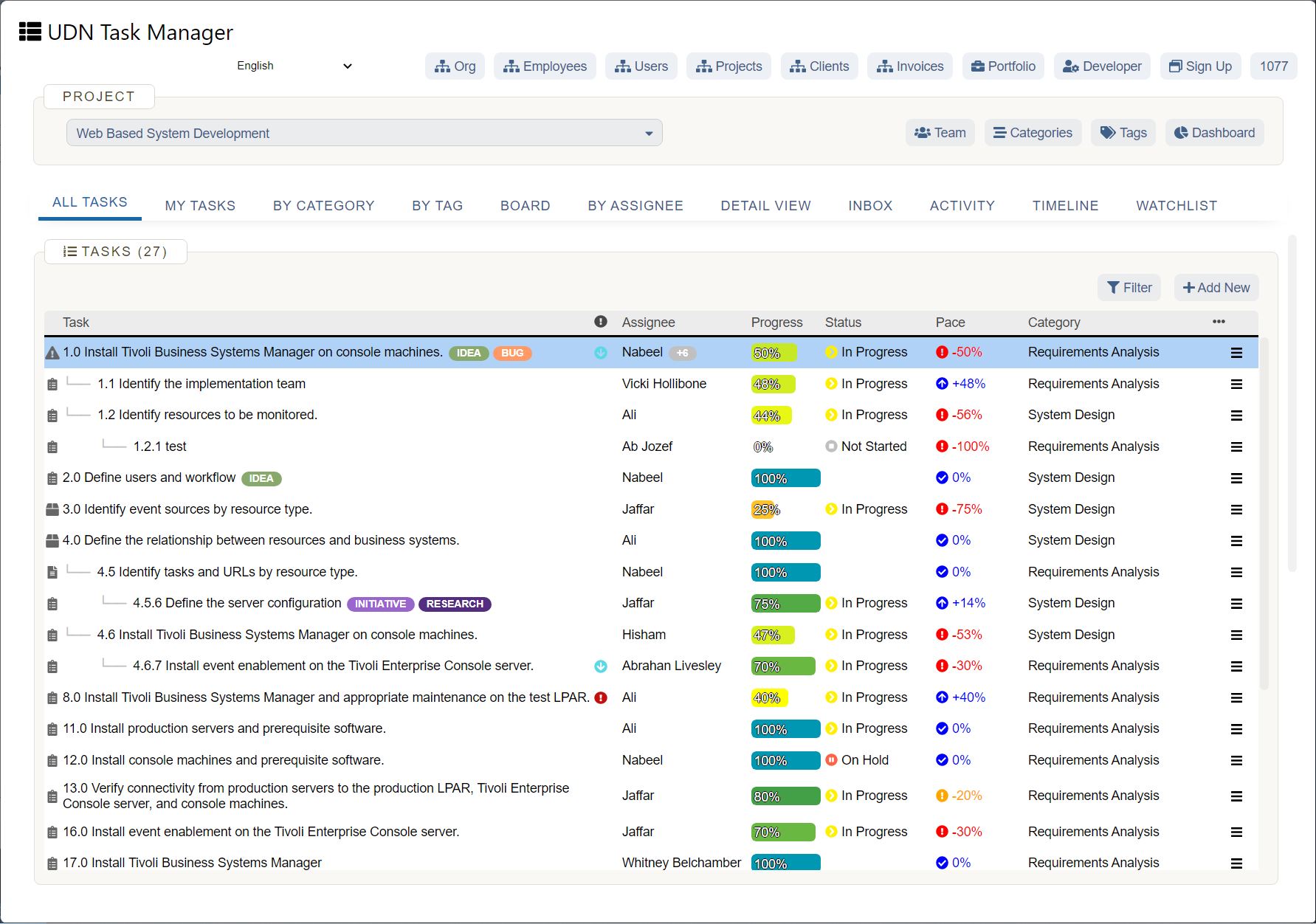
Who?
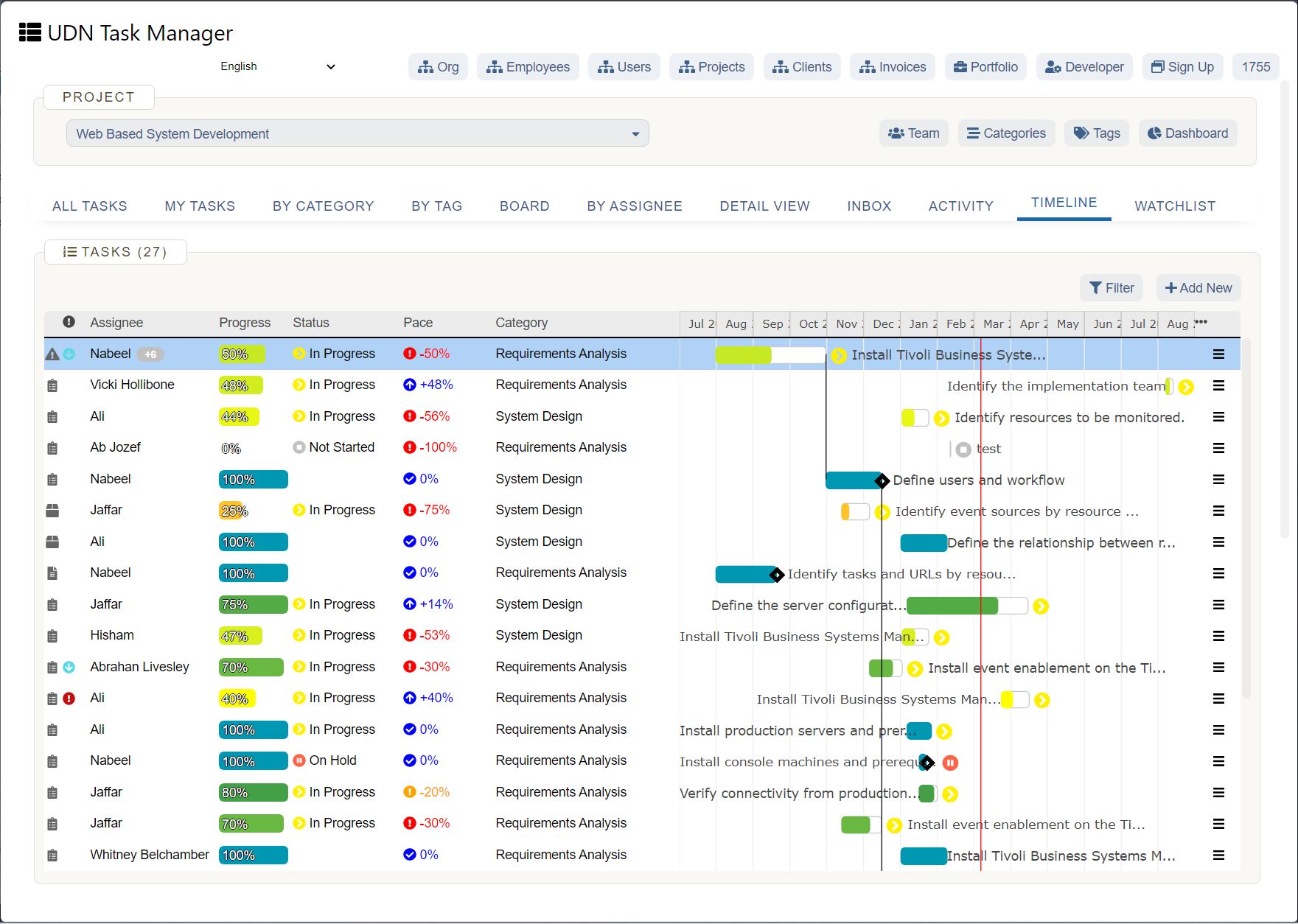
Niche marketing is perhaps best described as a strategy to target a specific segment of the overall market and share messages that will resonate with that specific audience. A niche market can be found by looking at demographics (age, gender, marital status), hobbies, job roles, income, life stage (college student, parent of a young child, retiree), geography, and more.
What?
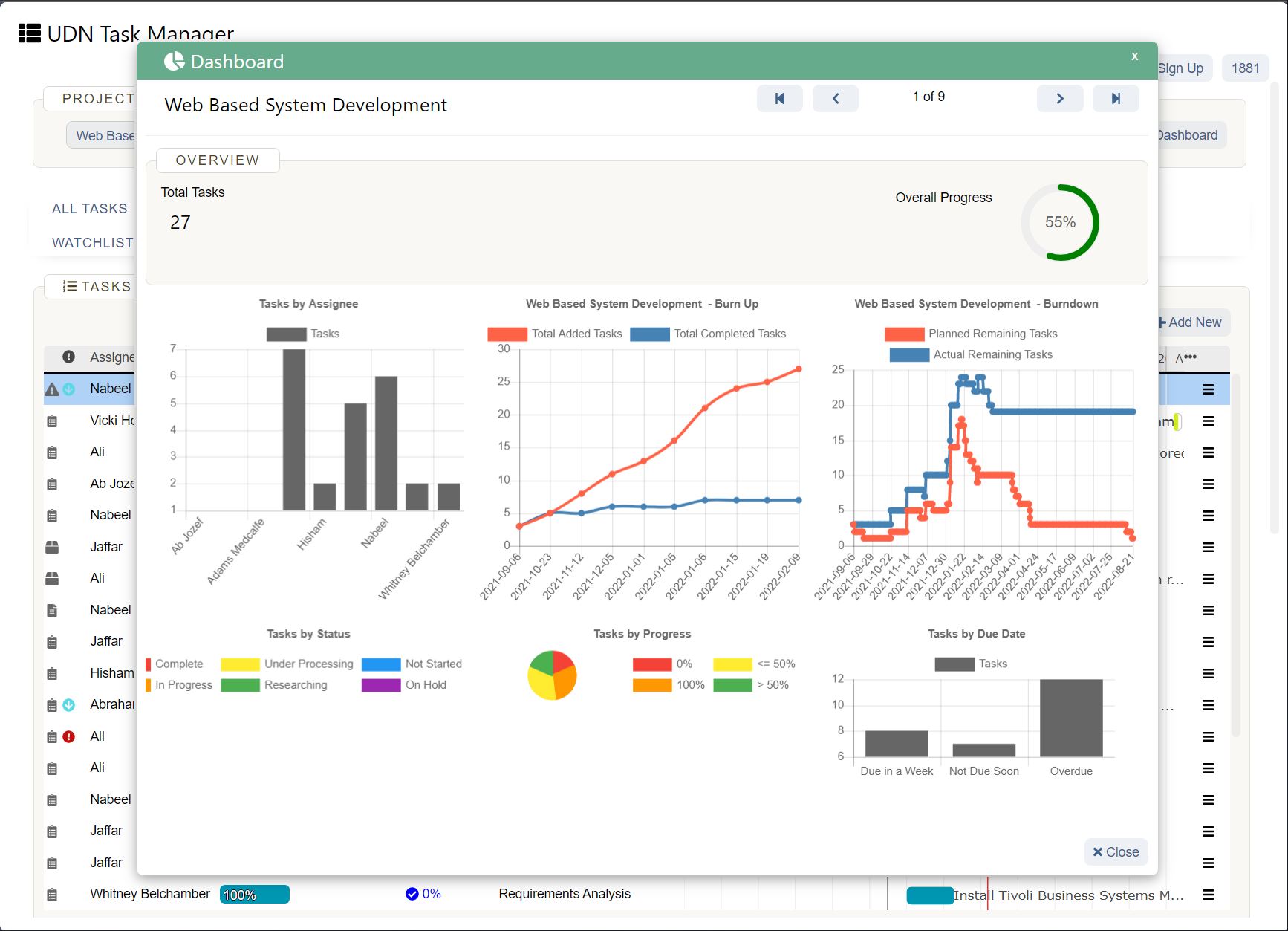
Niche marketing is hyper focused and highly personalized. That usually means it’s hyper effective too, since people love personalization.
When?
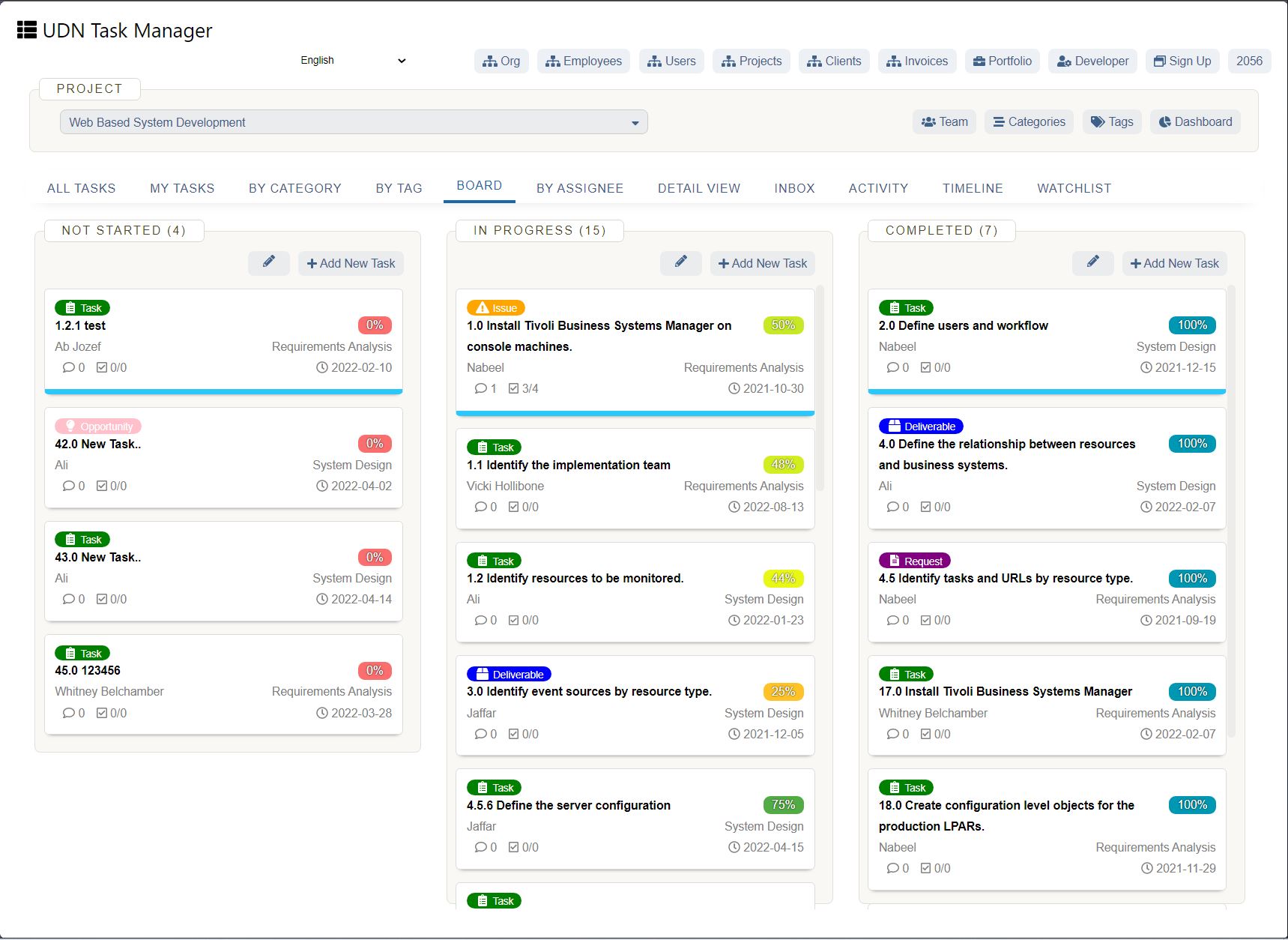
Anytime! Use niche marketing strategies when a company is launching, when it’s being reinvented, or because a niche market is exactly what the brand was designed to address.
Where?

Online, in person, word-of-mouth, by mail, via text — the options are nearly endless. One tip: Personal engagement tends to be most effective, so in person and word-of-mouth niche marketing strategies will likely return greater results.
Why?
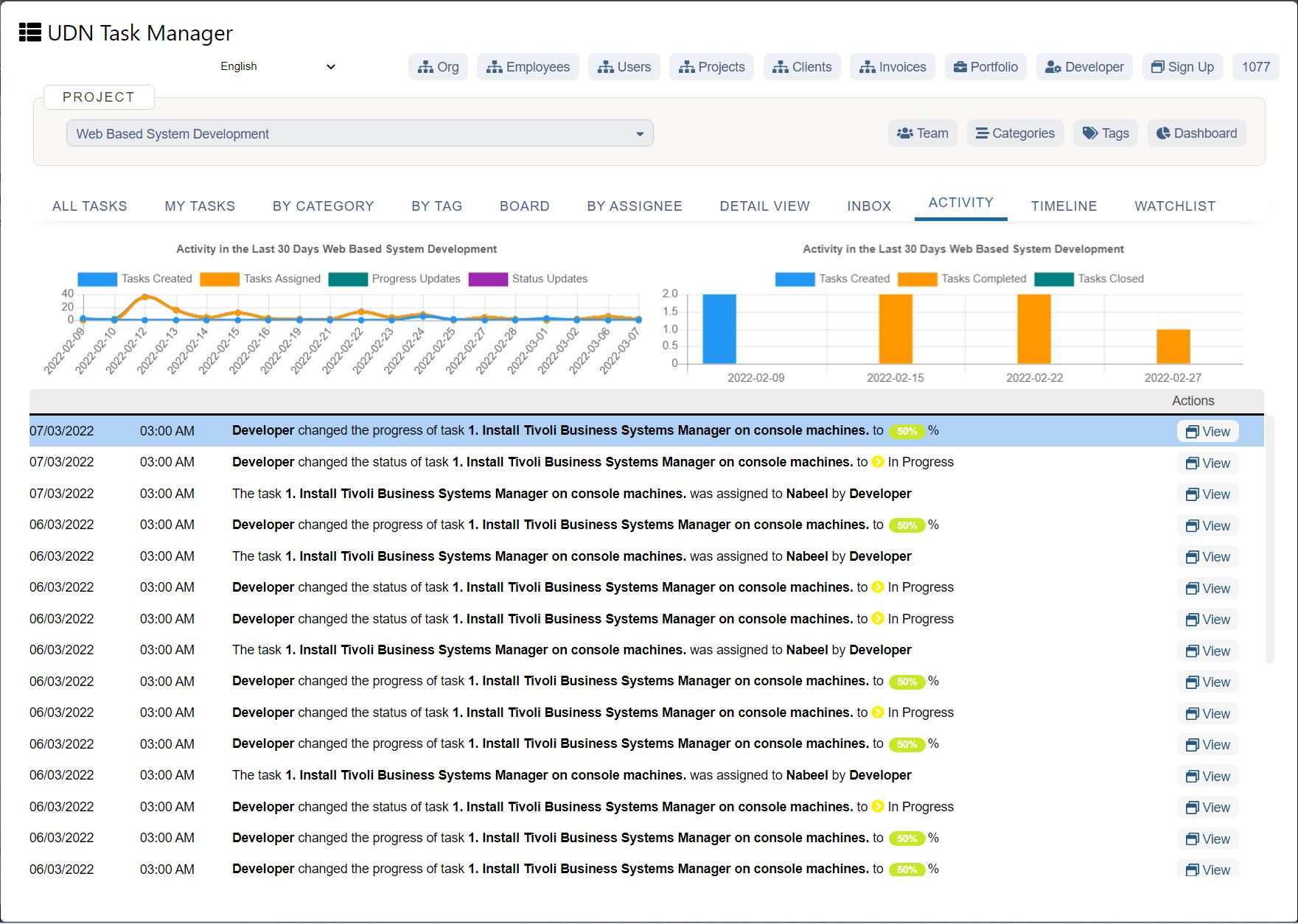
Brands that use niche marketing may have successfully identified a market that isn’t being served, or may find their product or service is used in a new way by a market they didn’t know existed. It’s often used by direct to consumer (D2C) companies. Think infomercials, newly popular shoe companies, Etsy sellers, that kind of thing.
How?
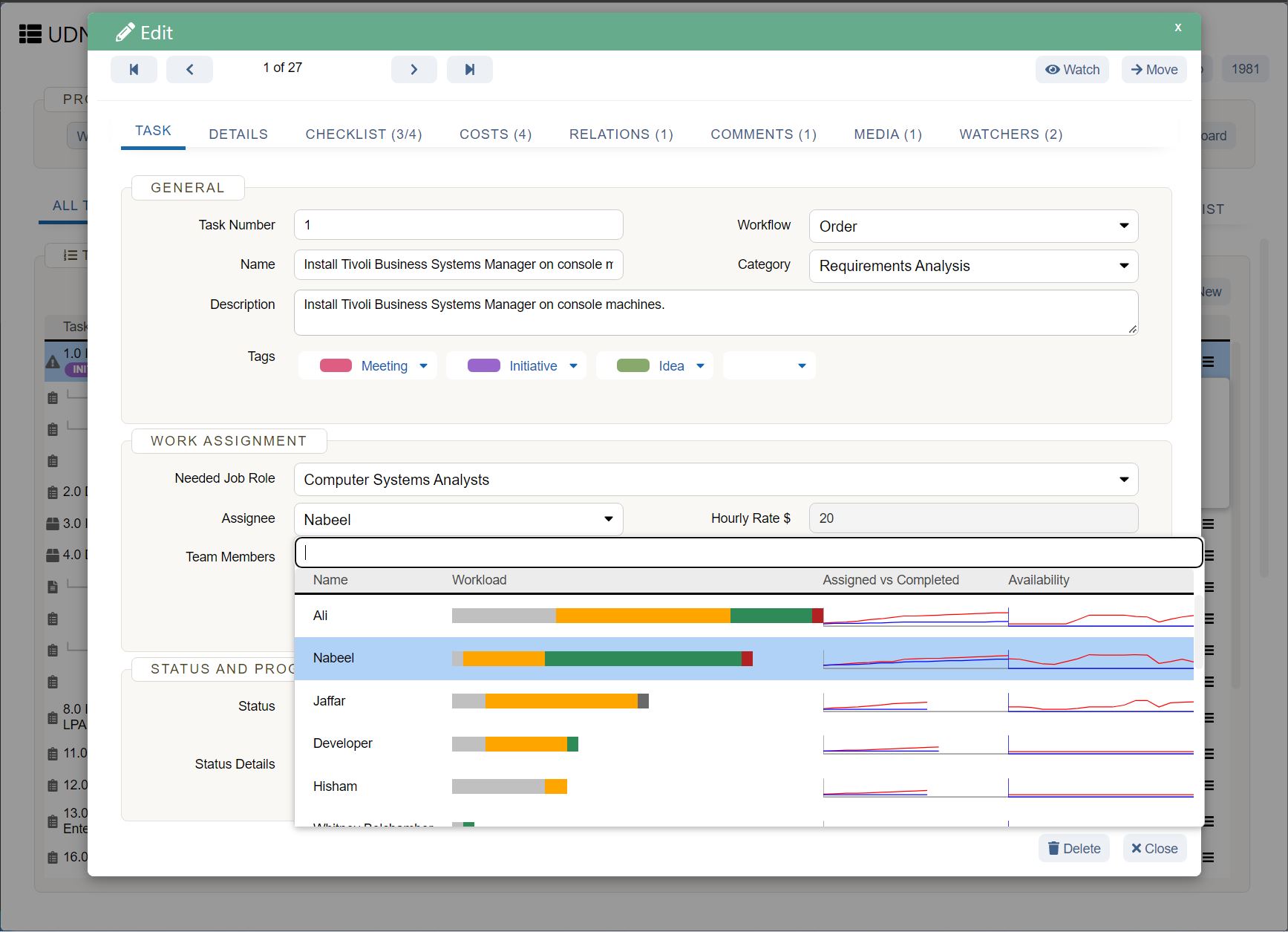
There are many ways to implement niche marketing: word-of-mouth campaigns, direct mail, social messages, targeted events, and more. Let’s talk about some successful niche marketing examples. Some of these brands are familiar and some may surprise you...
10 successful niche marketing examples

1. Pabst Blue Ribbon
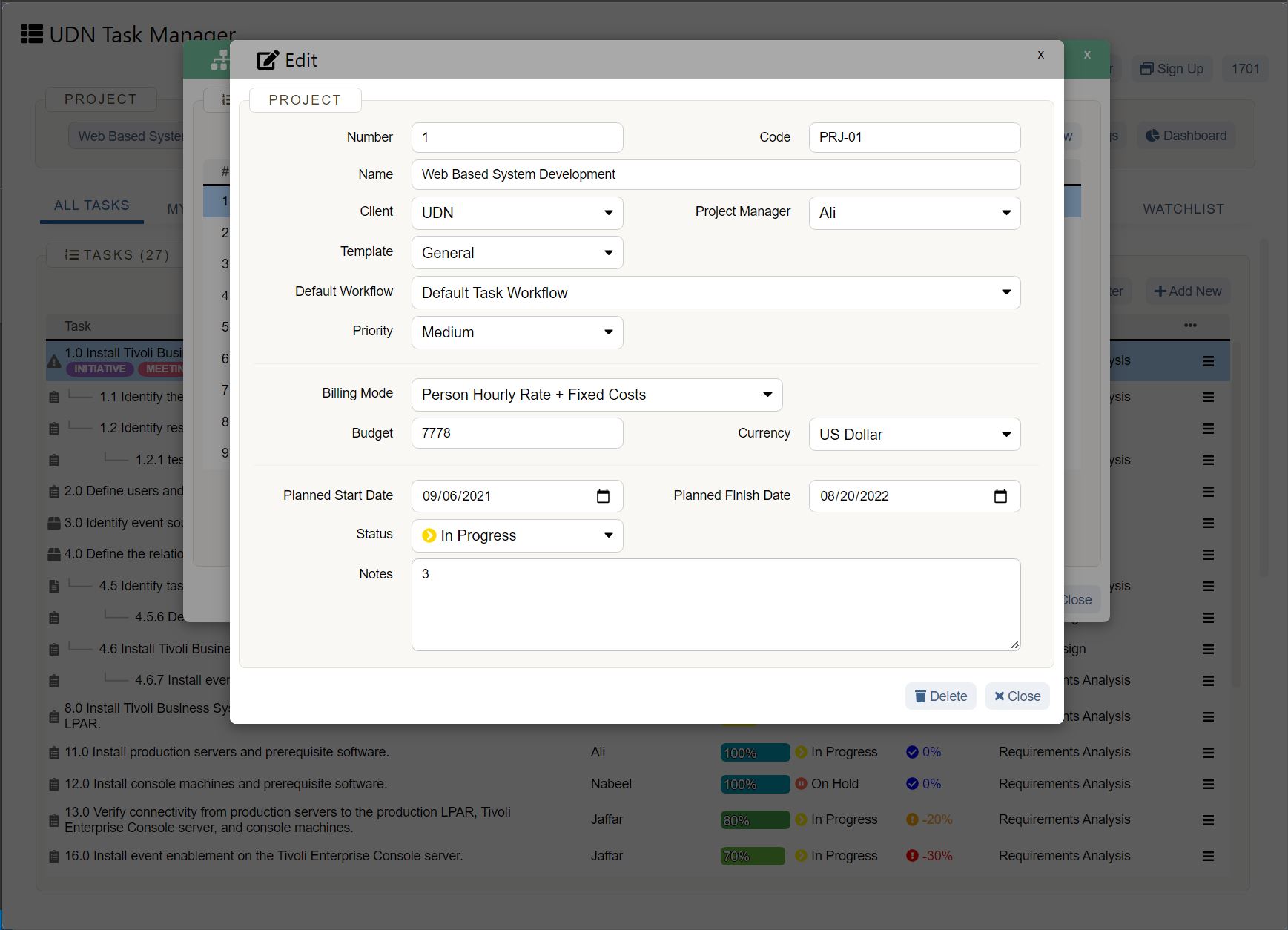
One of the most successful examples of niche marketing, an “underground” campaign revived and re-popularized an older brand. It began organically, with bicycle messengers and “hipsters” in Portland, Oregon drinking, talking, and spreading the word about Pabst Blue Ribbon. PBR heard about it and a marketing manager engaged with the fans in Portland. He visited bars and passed out swag (like keychains and pins), and PBR began sponsoring small events like bike races that the PBR lovers participated in. The company specifically took a slow, measured, low-key approach. Word spread, similar demographics in other cities began doing the same things, and a company that wasn’t even considering itself to be a competitor to major brands like Anheuser-Busch and Coors saw sales rise. The brand found its niche market, experienced a brand resurgence, and continues its campaign today.
2. Whole Foods
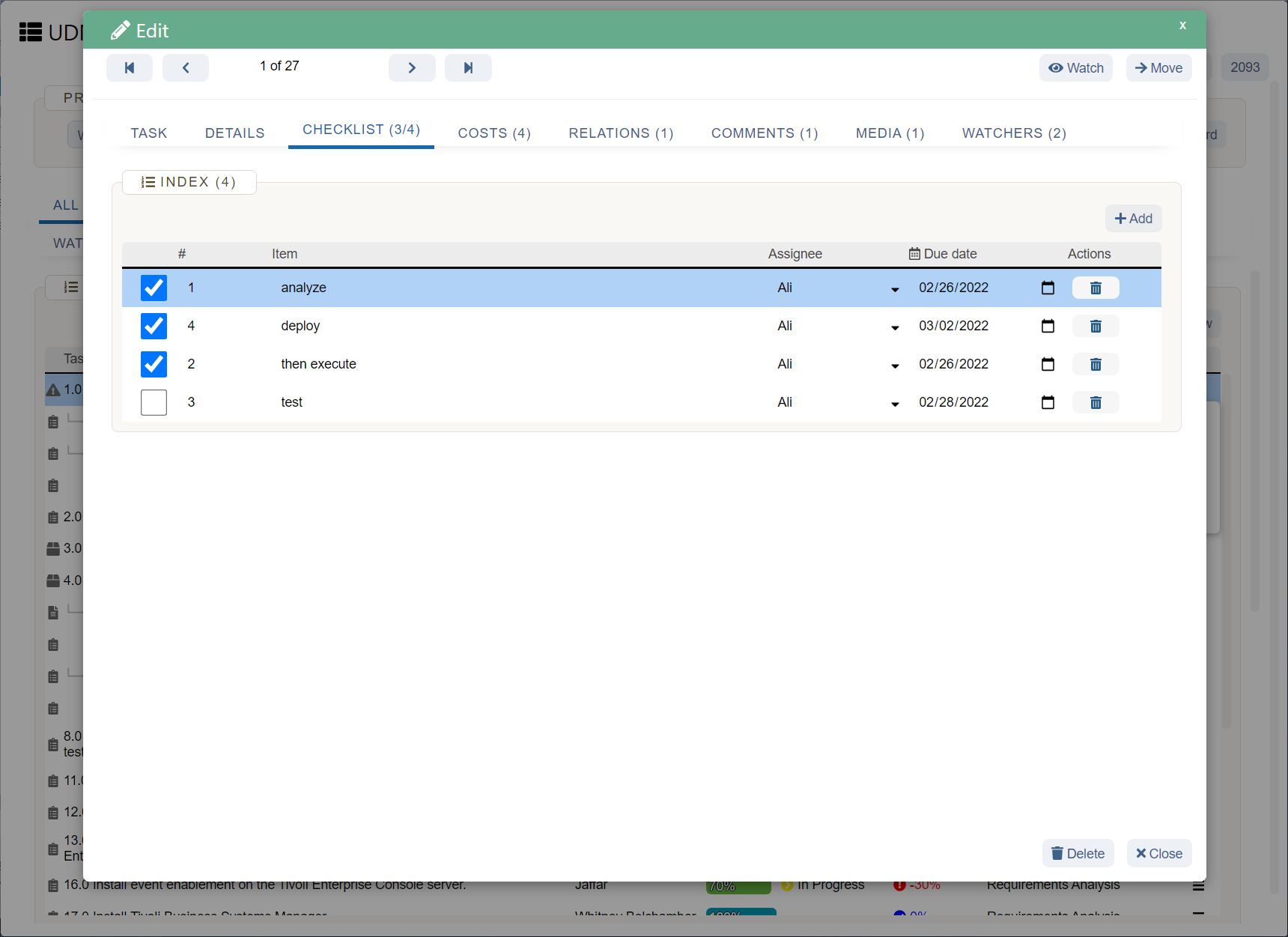
You likely don’t think of Whole Foods as a niche business, but it targets affluent, conscious consumers who place a premium on health and wellness. Not everyone wants to spend their “whole paycheck” on groceries so it’s definitely a niche market. Whole Foods focused on organic foods before you could find organics everywhere. The buzz continues today, as stores host events to introduce new products and the brand maintains its image as a luxury shopping experience. Shoppers trust the brand to deliver quality . In fact, one of the main reasons Amazon acquired Whole Foods was to access their customers, in part because of their loyalty and buying power.
3. Square
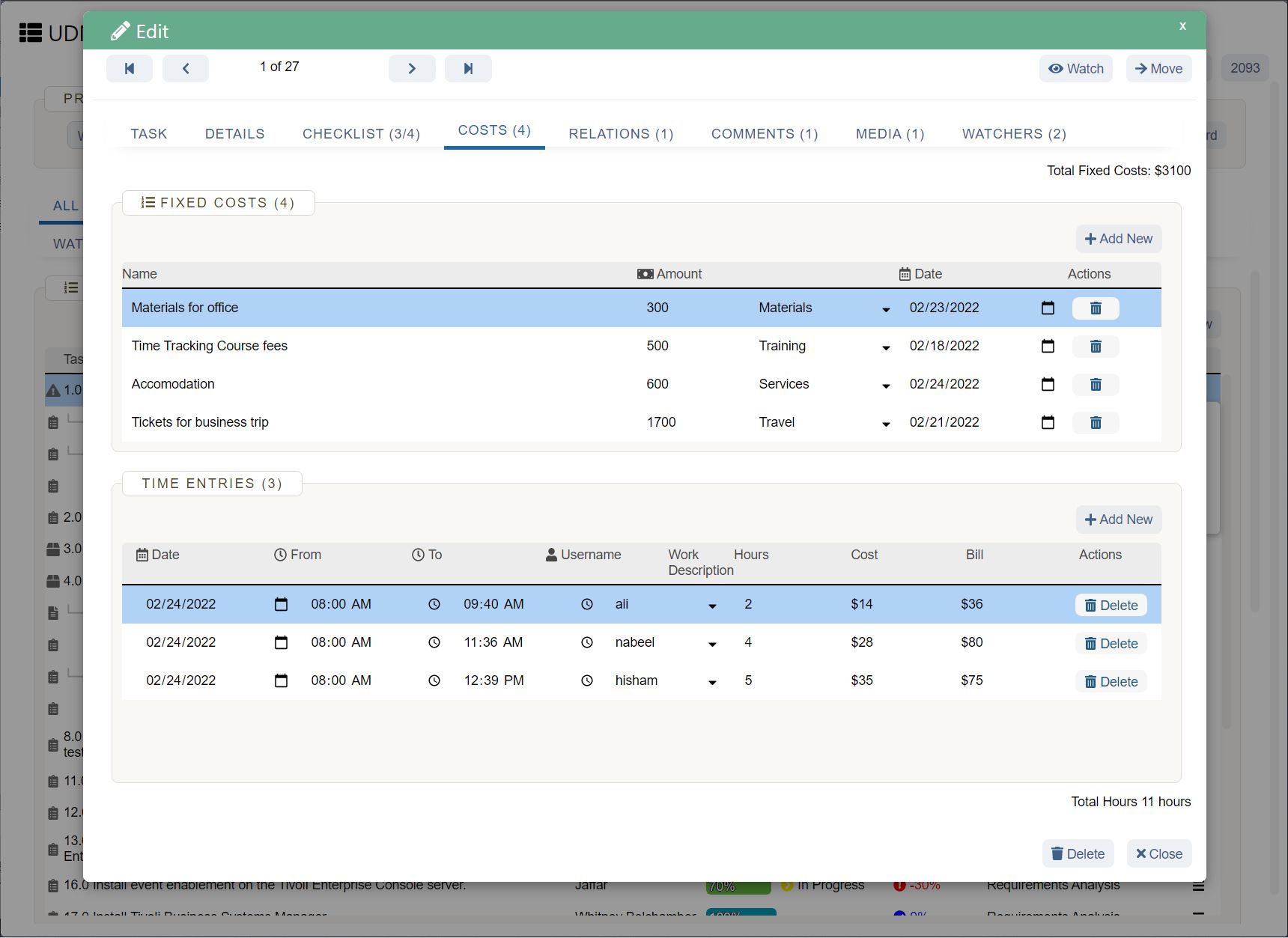
You know Square — the little white square (see what they did there?) that small businesses, non-profit organizations, and independents can plug into their phone or tablet to process credit card transactions. It tapped into a niche market that may not have the resources to pay processing fees to credit card companies but still need that functionality to service their customer base. It’s a good example of “right product at the right time.” Customers of those small businesses know and trust Square (especially since it hasn’t been hit by any data breaches to date) and appreciate that receipts can be emailed instead of printed. The company has expanded its customer base and now offers hardware and other services as well. By empowering small businesses, this business has grown too.
4. Powell’s Books
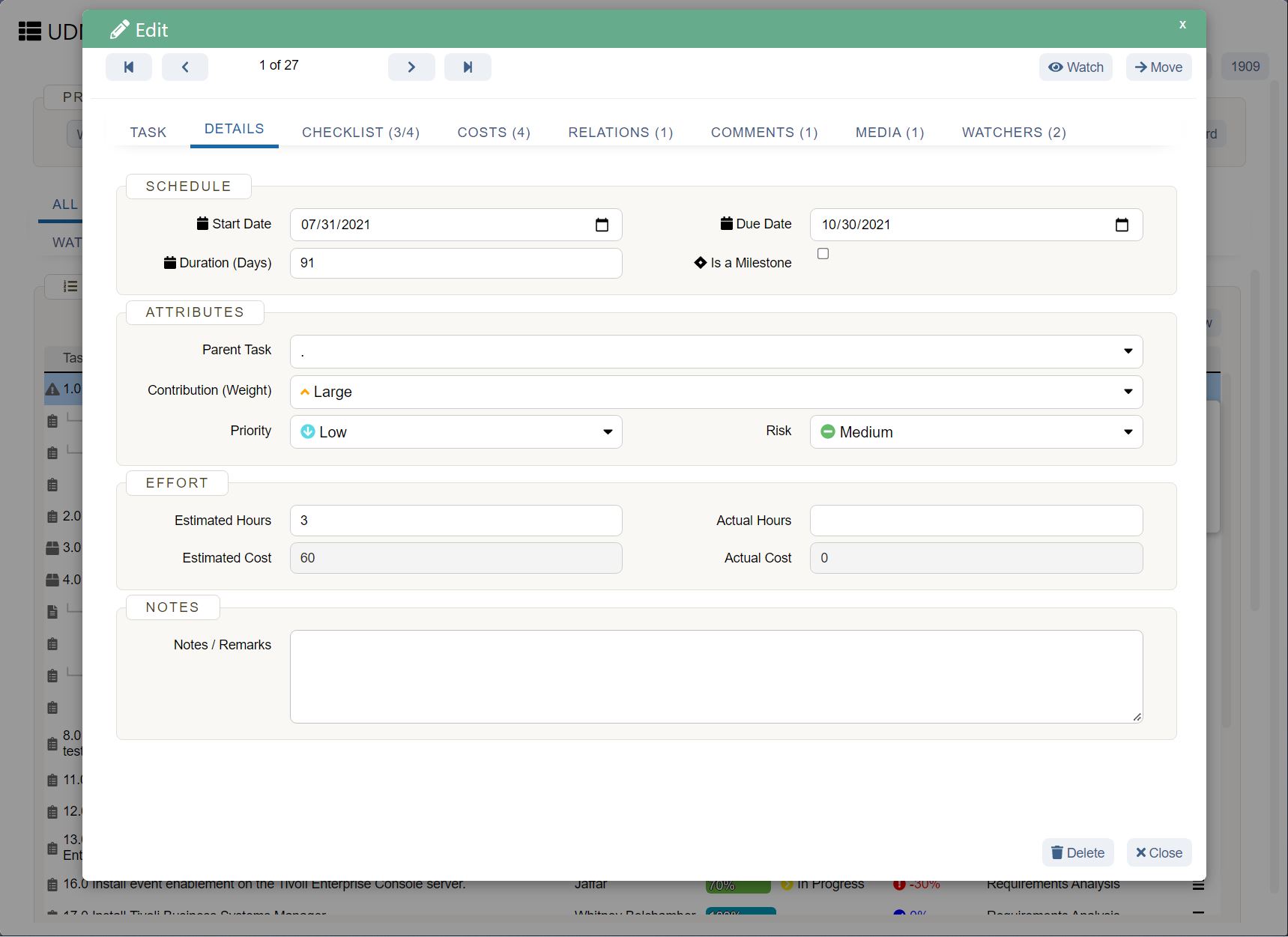
Powell’s Books is known as the “legendary independent bookstore,” which is becoming a niche business in today’s online world. Powell’s sells both new and used books in its enormous flagship store, where you need a map to navigate the aisles. The company embraced the Internet instead of fighting it and implemented a detailed social media engagement plan with great use of hashtags. Powell’s contributes to a multitude of online discussions and forums about books and sponsors local events with authors and giveaways. The company is known around the country for its expertise in its niche.
5. Facebook
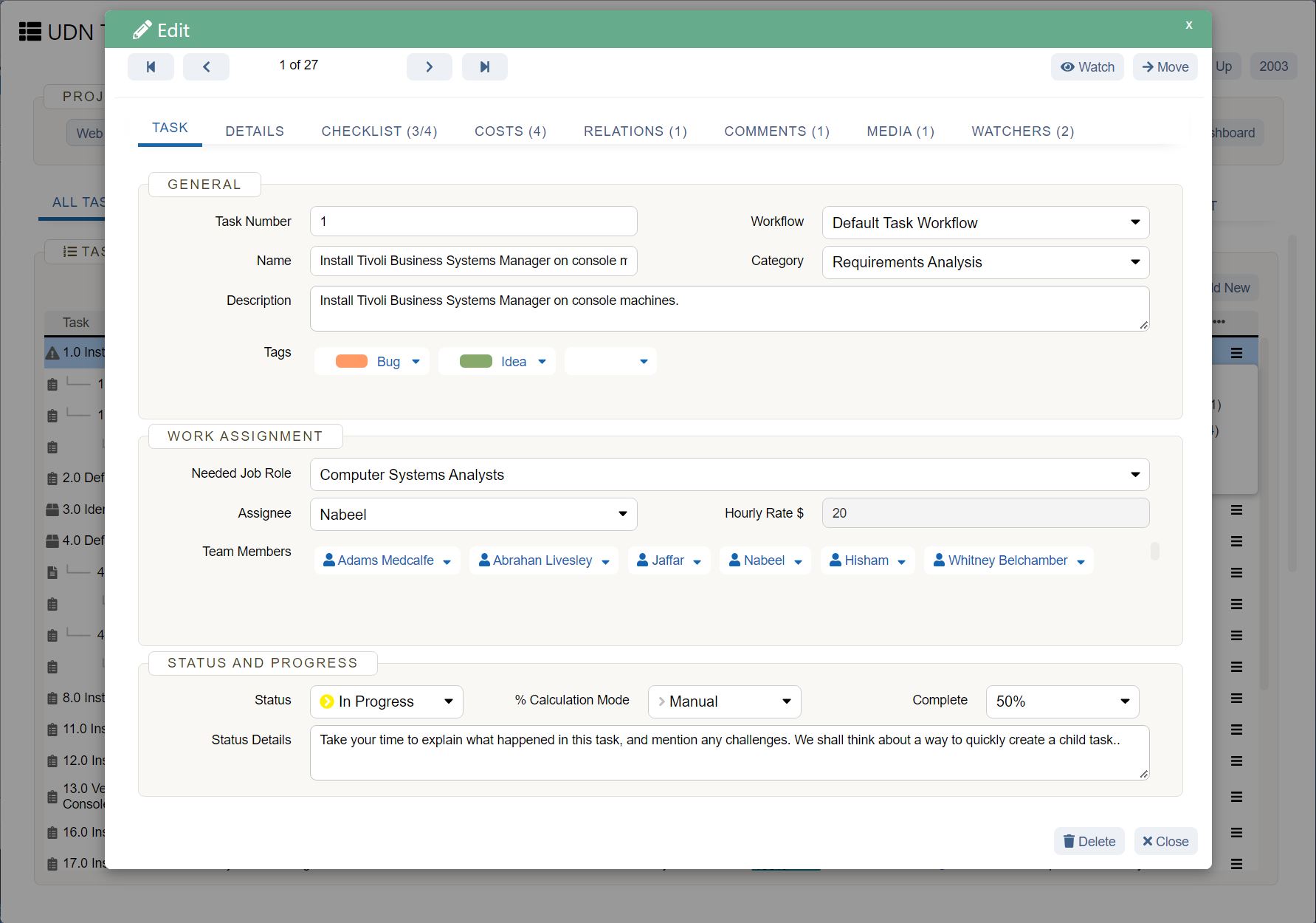
Wait, that’s not a niche product! In its current form, no, but Facebook launched as a highly-targeted niche service: an online site for Harvard students to make connections and share photos. After success on Harvard’s campus, Facebook expanded to colleges and universities across the U.S. And then it became the ubiquitous social media platform we know today, available to everyone around the world. This is a prime example of how honing your product or service with a small group of users can prepare it to launch to a wider audience (if that’s appropriate or in your plans). And bonus: Facebook is a good tool to implement niche marketing for your niche product or service.
6. TaskRabbit
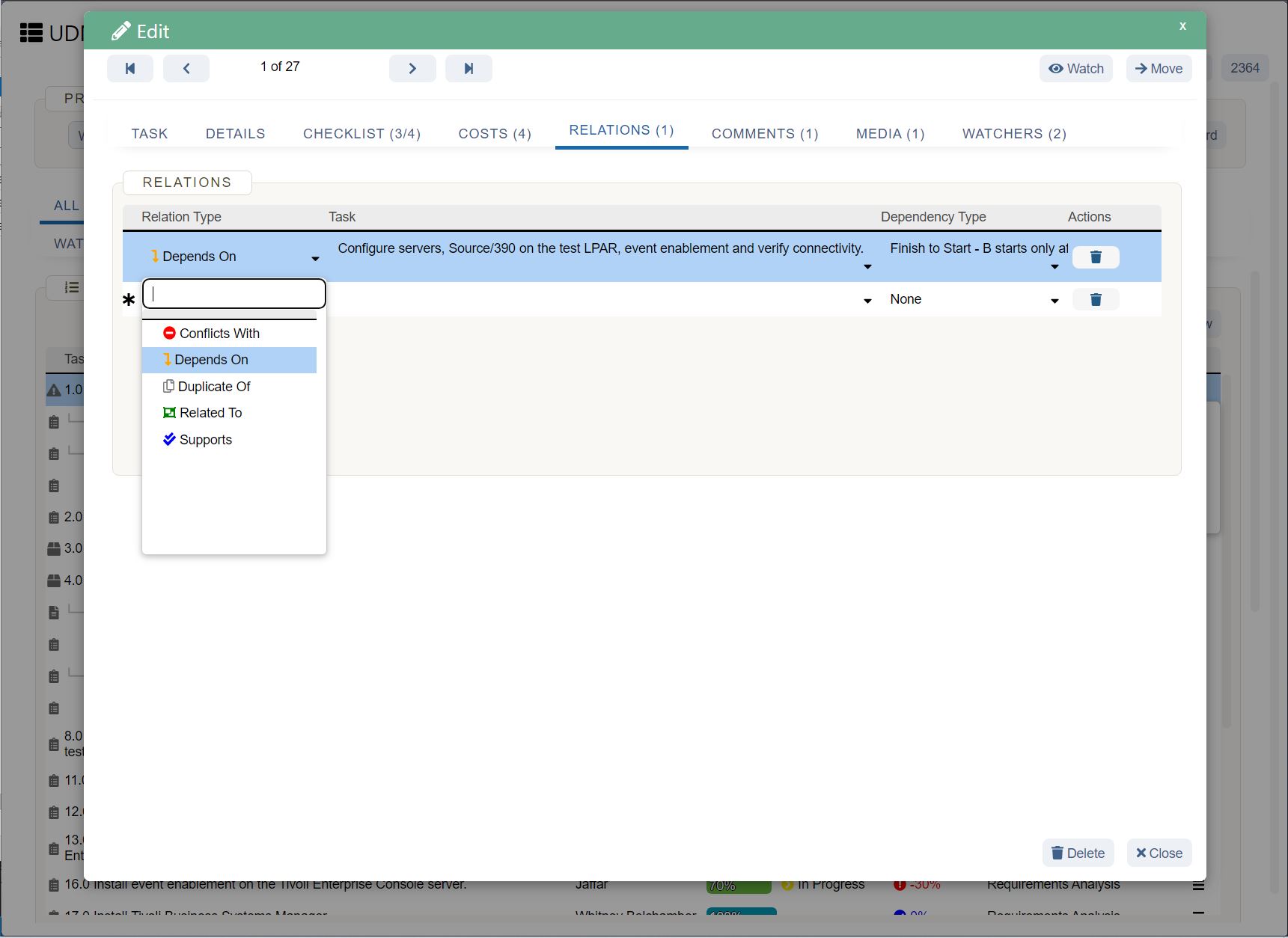
It all began as a service targeting busy moms in the Boston area who needed an extra hand with everyday tasks and errands. The core mission: offering a forum for those who needed help with tasks and those who could provide that help. From assembling furniture to helping with moving nearly anything you can think of, TaskRabbit was there. As word-of-mouth spread about the ease of use and amazing variety of services offered, the user base grew. The company expanded slowly to other cities and continued with its core mission. This is another example of success expanding to a wider audience after testing the value proposition (and working out any kinks).
7. Under Armour
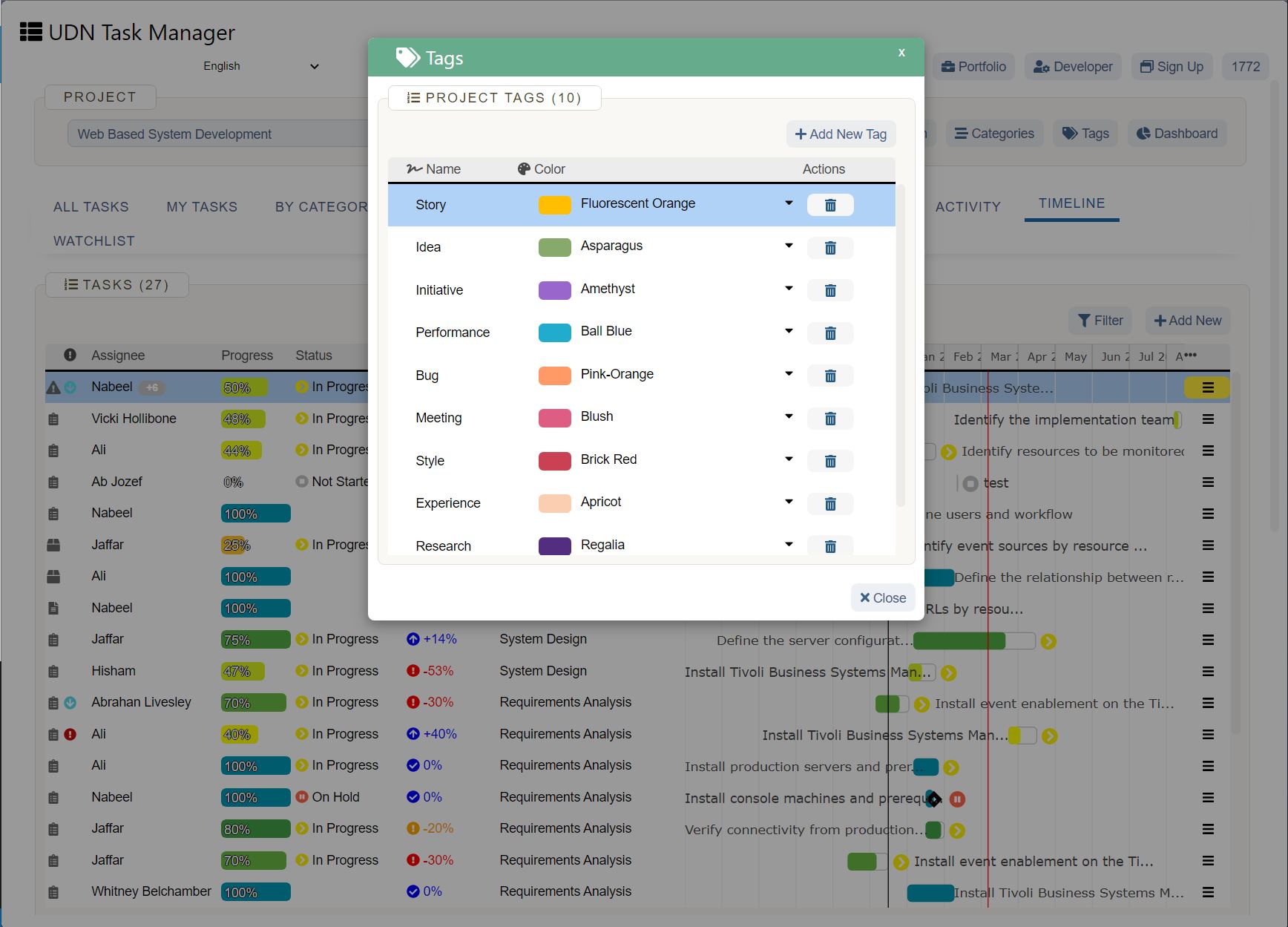
Did you know this brand started when the founder, a former football player, wanted a shirt that wouldn’t be soaked with sweat after a few minutes playing football? He developed a compression shirt made of material that stayed dry and invested a few thousand dollars to produce 500 shirts. Those shirts were given to former teammates to try and they loved them. Word spread, people wanted more, and the company was born. It has since expanded into many kinds of activewear and footwear but still targets a niche market: those who don’t want sweaty clothes when they exercise.
8. Casper and Purple
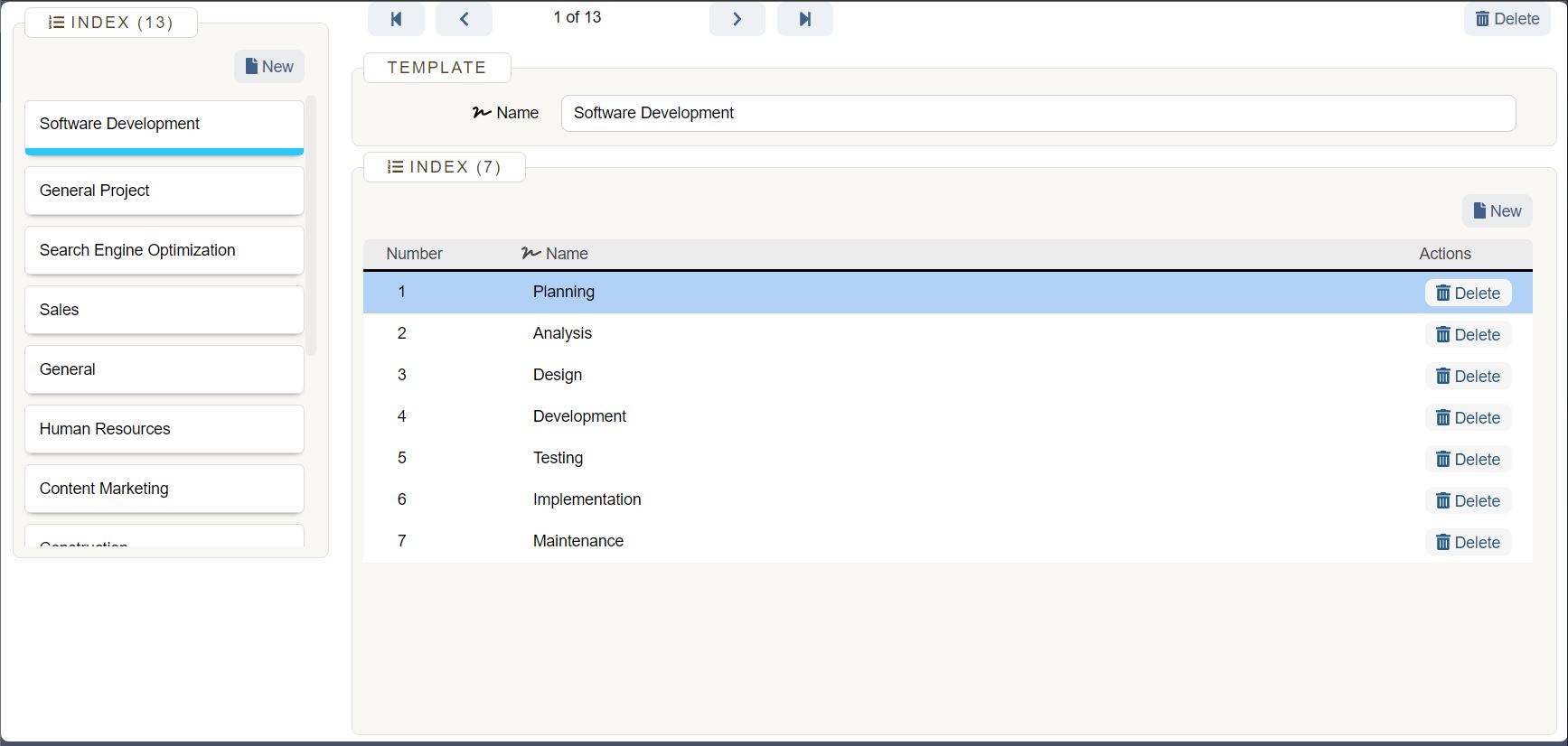
These are two of the leading online mattress brands that sell directly to consumers, eliminating the mattress store “middle man.” Casper has found success in publishing creative online content that drives organic traffic on related sites as well as its own website — even when the content isn’t specifically about mattresses. Purple harnesses its website and content (again, with some not about its mattresses) to deliver targeted advertising to visitors. Purple also created a “coupons” page so potential customers don’t leave the site looking for discount codes (and possibly not return). The success of these two brands prove creative content that answers questions about the overall category instead of focusing solely on selling helps drive sales. Online searchers who read a blog post about mattress types likely remember these niche businesses when they’re shopping for a new mattress.
9. Lefty’s San Francisco
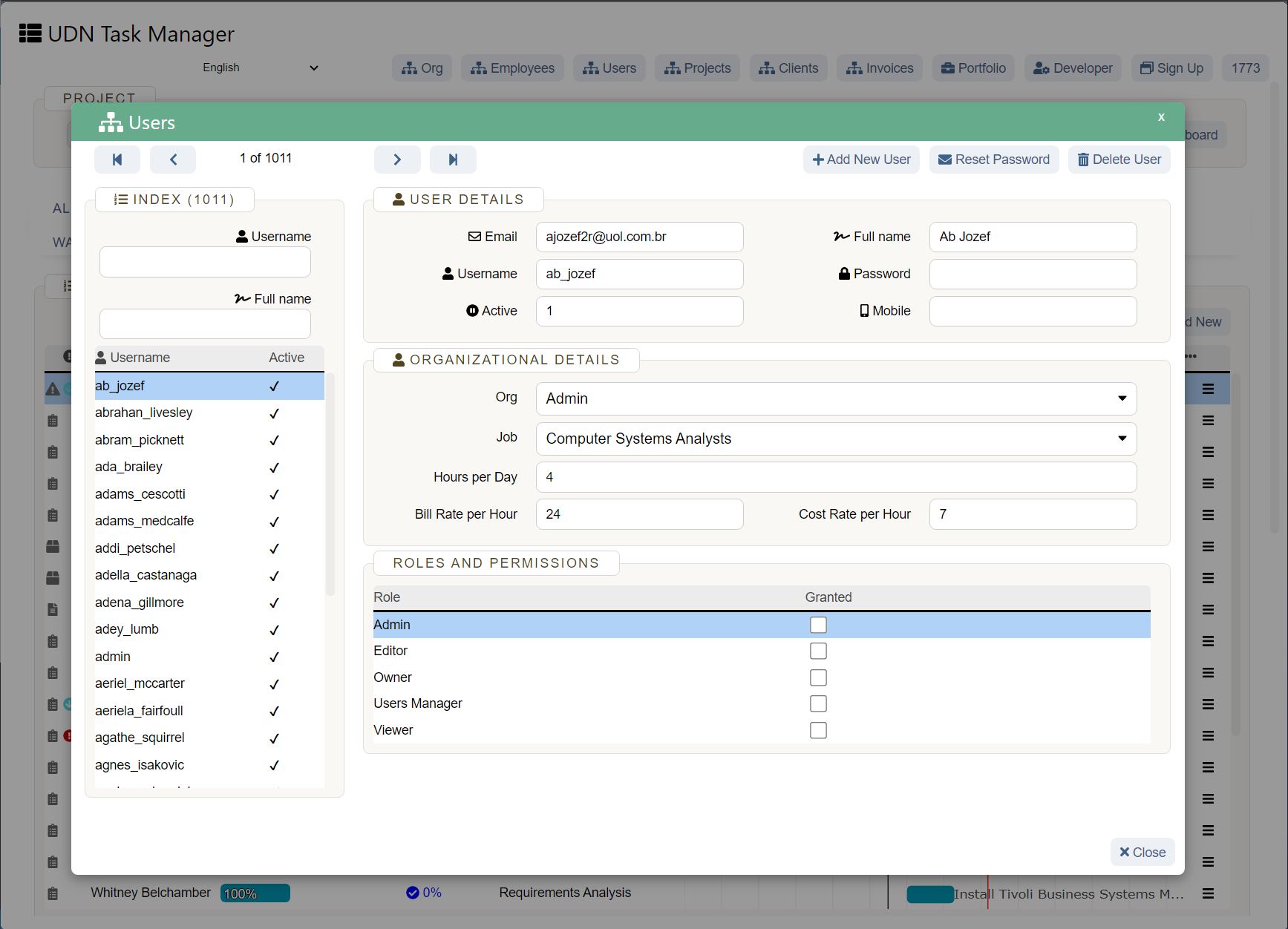
This is a store dedicated to products for left-handed people — certainly a niche market. While some products are more jokes (left-handed coffee mug, anyone?), there are some items made specifically for left-handers. Lefty’s has just one retail outlet in San Francisco, but it has an extensive online presence. The company makes use of keywords to rank highly in Google searches, and utilizes pay-per-click (PPC) advertising too. Because of those efforts, Lefty’s has become an expert resource on left-handed products.
10. Vermont Wooden Toys
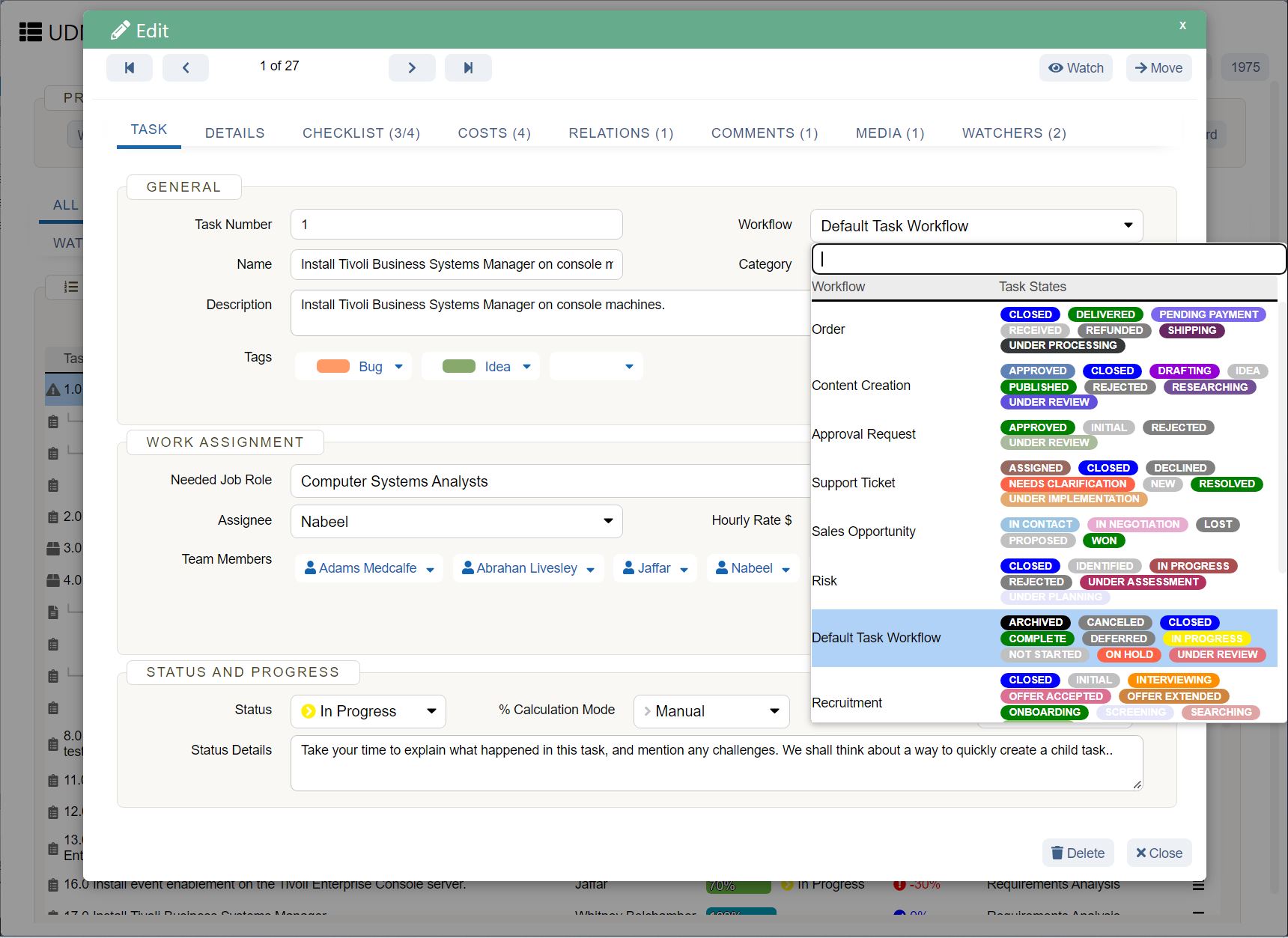
Vermont Wooden Toys has been in business for more than 45 years. All of the company’s toys are handmade by the owner and founder. All-natural, local wood products and no stains are used to create 125 different toys. While wooden toys have always been popular, the company experienced a flood of interest as a result of a toy recall in 2007 due to lead contamination and small magnets presenting a choking hazard. Despite a small web presence, an antiquated online ordering system only accepting PayPal, and no social media or advertising to speak of, families concerned about safety drove sales to new heights. Its popularity has continued with the spread of conscious consumerism and desire to shop local/U.S.-made products.
The power of niche marketing
So what have we learned? Hopefully it has become clear that niche marketing efforts can be a powerful tool for businesses focusing on a niche market. Word-of-mouth and online strategies are strong drivers of success, making it possible for even small companies to find their target market and engage.
Technology tools like UDN Task Manager can help organizations of all sizes manage projects and move the needle. In fact, UDN Task Manager makes it simple to create and implement detailed niche marketing campaigns without losing sight of your larger, overall goals. Plug it all into UDN Task Manager and keep track on your dashboard to visualize your successes. Sign up for a free 14-day trial of UDN Task Manager . And check out the resources below for more insight into niche marketing.










